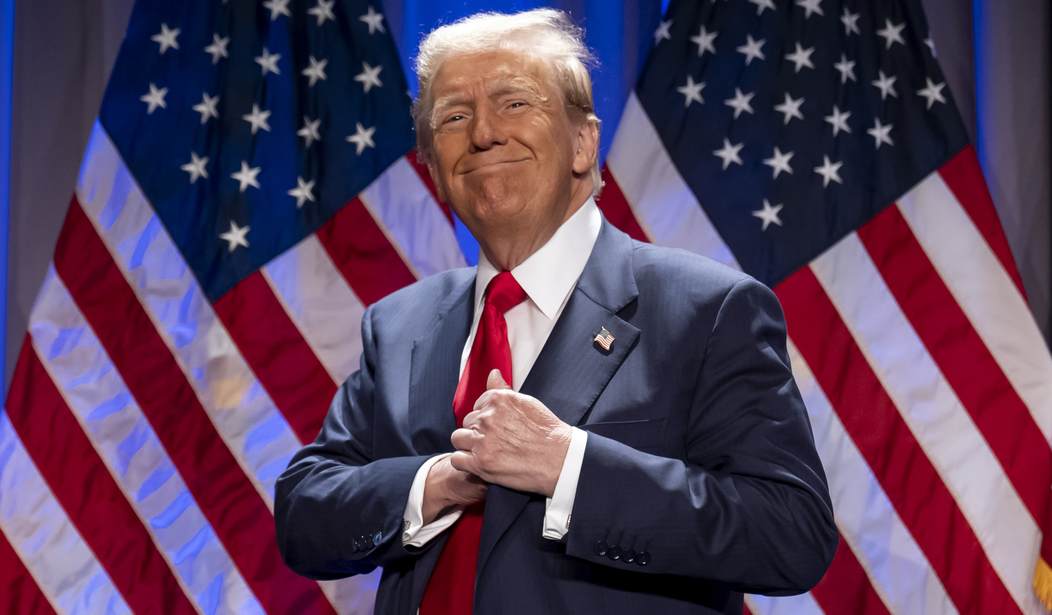Consumers in the United States invest hundreds of billions annually in health and beauty products and services. Customer satisfaction is generally high, as people have confidence in the quality of these products and services. However, as the demand for lucrative cosmetic drugs, in particular, picks up, the market has become increasingly flooded with counterfeit products or those of questionable quality. As more and more companies in the beauty industry prioritize profit over safety, this poses a risk to public health and wellness.
The U.S. Food and Drug Administration (FDA) and U.S. Customs and Border Protection (CBP) are supposed to enforce standards to prevent illicit and unsafe products from entering the market. They have significant budgets and staff to protect public safety by exposing false claims and banning counterfeit products. However, their recent efforts have proven insufficient in keeping the market safe from products that fail to provide the advertised benefits and pose serious health risks to unsuspecting consumers.
In June, an outbreak of counterfeit Botox affected multiple states, resulting in numerous cases of severe botulism-like reactions. The counterfeit products were administered by unlicensed individuals in non-medical settings, including homes and med spas. Seventy-five percent of patients required hospitalization, experiencing symptoms such as blurry vision, difficulty breathing, and slurred speech.
At the same time, the explosive demand for semaglutide, the active ingredient in Ozempic and Wegovy, has led to a rise in fake products and encouraged the creation of dangerous imitations. A regulatory loophole that allows compounding pharmacies to make and sell their own unregulated versions of a medication when the FDA lists it as “currently in shortage” – as is currently the case for some of these weight-loss injectables – has spurred many copycat versions. The problem is that some samples of these imitation drugs have been found to be up to 33% impure and it is easy to get the dosing wrong. This has led to reports of issues such as hypoglycemia, pancreatitis. or gallstones as well as a 15-fold increase in calls to poison control centers related to semaglutide since 2019.
Recommended
Inadequate testing practices and a lack of oversight have also led to the discovery of harmful substances in beauty products from what many would consider to be reputable manufacturers. In March, for example, a class action lawsuit was brought against the dermatological company Galderma after high levels of the cancer-causing chemical Benzene were found in their popular Differin acne product. As of July, meanwhile, more than 8,000 lawsuits have been filed in federal courts against L'Oréal after a scientific study by the National Institute of Health linked some chemical hair relaxers to uterine cancer.
The government should never have allowed such products to make it to market to begin with and unfortunately, its response to these concerning incidents has been tepid, at best.
A humanitarian and national security crisis at the border has left the U.S. Border Patrol overwhelmed and has strained resources. The number of enforcement actions by the FDA Office of Criminal Investigations against counterfeit drugs, meanwhile, pales in comparison to the actual issue. The FDA also inexplicably continues to miss self-imposed deadlines to ban cancerous ingredients from hair care products that companies have failed remove themselves, further undermining public health.
Congress has started to act by proposing the Fighting for America Act which would help combat counterfeiting by restricting certain products from being imported through de minimis, a rule that makes it challenging to enforce U.S. trade laws, health and safety requirements, consumer protection rules, and to block dangerous drugs from entering the country. While the bill is the bill is still pending committee hearings and floor action, however, the results of the recent election may hopefully help move things along.
With Republicans retaking control of the White House and Senate and poised to remain in control of the House of Representatives, legislation has a much better chance of moving through unified government. President-elect Trump, meanwhile, has made it clear that border security will be a top priority, and his Administration can usher in much needed change at the FDA by appointing new leadership.
The FDA and CBP are currently failing at some of their core missions. By unsuccessfully keeping counterfeit products off the street and allowing companies to play fast and loose with regulatory standards and loopholes, they have failed to prevent harmful products from reaching consumers. Congress should use its appropriations and oversight authority to fix these shortcomings, and President Trump should make it a top priority upon taking office.
Ensuring the health and safety of Americans is paramount. But at the end of the day, without the active involvement of governing bodies, the reputations of trusted manufacturers and the health of the American people will continue to be at risk.
Todd Tiahrt is a former Member of Congress who served on the powerful House Appropriations Committee, overseeing funding for the FDA and CBP.

























Join the conversation as a VIP Member